8 Tips to Deal with Destructive Behaviour in Toddlers
- Signs of Destructive Behaviour in Toddlers
- What Causes Destructive Behaviour in a Child?
- How to Stop Destructive Behaviour in Toddlers?
- FAQs
Is your little one giving you a lot of trouble lately by acting all aggressive, violent and destructive? Is your toddler destructive when angry? Well, before you scold or punish your child, it is essential for you to understand why your child is behaving in this manner. Chances are you have a destructive toddler. Children do not know what is right or wrong. In other words, they are not born with good behaviour or bad behaviour. Instead, they learn their behavioural traits from their surroundings or by observing people around them. Let us find out in detail why children have destructive behaviour and what you can do as a parent to correct it, in this post.
Signs of Destructive Behaviour in Toddlers
Occasional stomping on toys, throwing their stuff around in anger or pulling their hair can be considered a normal part of growing up, and all children engage in such behavioural traits once in a while. However, if your child is exhibiting some of the following behavioural characteristics on a regular basis, it could be indicative of destructive behaviour
1. Aggression
In most cases, suppressed hostility usually turns into deadly action. Aggression can be both physical and verbal, and often, children engage in this kind of behaviour to gain their parent’s attention. Also, the severity can be established from the age of the child. For instance, a toddler snatching things from other children and exhibiting temper tantrums may be considered normal, but the same behaviour by an older child may be an indication of some serious issue.
2. Self-Harm
Children with negative behavioural traits may deliberately harm themselves by burning, cutting or hitting themselves. You may find them involved in activities that may include inflicting self-hurt and pain. This may be due to some hidden or suppressed anger, depression, fear, sadness or frustration.
3. Disruptive Nature
You may often find such children showing disturbing nature, which means they may interfere with other people’s jobs and thus make it more difficult for them. For example, the child may not listen to the teacher, he may break the rules in school, or he may not obey elders. Such children may be trying to gain attention, but it may not be in proper or acceptable ways.
4. Property Destruction
Sometimes, children may act nasty and start breaking or destructing things around them. The child may show no regard towards anyone’s feelings and no fear of the consequences of such actions. The reason for this kind of nature is usually anger, frustration or other negative emotions.
What Causes Destructive Behaviour in a Child?
It is not a pleasant sight for the parents to see their child turn into a diabolical being. However, parents need to understand that the child is doing so because he may be seeking attention or affection from the parents (1). Sometimes, such behavioural traits come into light when a child may want to evade a particular chore or situation. For example, a child may deliberately break his pencil so that he is unable to do his homework, or he may purposely spoil his party clothes so that he may get punished, which would eventually mean skipping the event that he does not wish to attend.
How to Stop Destructive Behaviour in Toddlers?
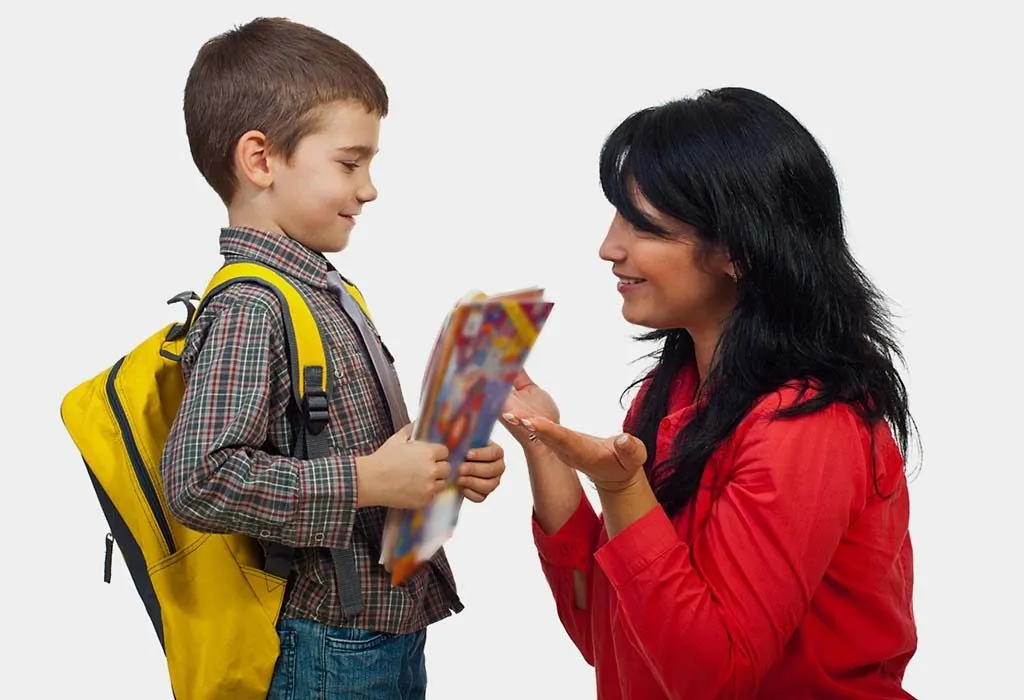
Here are some ways of stopping children’s destructive behaviour (2)
1. Try to Understand Your Child
No two children are alike, not even siblings. Therefore, as parents, you need to understand and appreciate your child’s unique personality and needs. Be a part of your child’s life and learn more about him. Find out what he did in school and what bothers him or interests him.
2. Prevention Should Be the Aim
If your child shows such personality traits, punishing and scolding will not help instead it may further worsen the situation. The best way to put a stop to such behaviour is to prevent it. Keep an eye on him or keep him under observation. If he starts any mischief, you may intrude and talk to him or spend time with him.
3. Make a Routine for the Child
It will be a great idea to keep your child engrossed and occupied in doing something constructive or keeping him fruitfully busy. Children who follow routines are less likely to become destructive in comparison to kids who do not support any routine.
4. Pamper, But Don’t Spoil
We all love and adore our children, but giving in to all their demands and agreeing to whatever they say may make them spoilt. And it is very easy for spoilt children to turn destructive. You should aim at teaching your child to be well-behaved and disciplined.
5. Nurture Your Child’s Individuality
If your child is more active than other children, you should not sulk or crib about it; instead, you should plan for activities that may help in positively channelling your child’s energies.
6. Keep Encouraging Good Behaviour
When destructive toddler tantrums become a regular phenomenon, you may feel tired of reinforcing good behaviour. However, do not forget that if you feel discouraged, your kid may feel discouraged, too. Be consistent and keep showing him your love and, at the same time, encourage good behaviour in your child (3).
7. Keep Calm and Do Not Yell or Punish Harshly
It is easy to get agitated and stressed when your little one goes into their destructive phase. However, it is important to keep calm and not yell at them as it will imitate the same behaviour they chose and encourage them to get more angry. Yelling will also sensitise the nervous system of kids, and they may get distant or lose mental comfort from you. Instead, handle the situation calmly with patience and a gentle voice.
8. Don’t Give in to All of Their Demands
Giving up and doing all the things your toddler is demanding in that destructive phase is not the right way to go. This will only fuel their behaviour and they may try more ways of destruction to get their demands fulfilled in the future.
FAQs
1. I want to discipline my child, But how different it is from punishment?
Discipline is a way or method of teaching a person the dos and don’ts with the intent to improve the behaviour. Punishment, although a part of discipline, is harsh and leaves a negative mark on a child’s psychology, whereas discipline doesn’t. Young children till the age of three are not able to distinguish between discipline and punishment. Therefore, setting limits and firm-toned advice or a ‘No’ are way better than punishment for a destructive toddler (2).
2. When should I worry about my child’s aggressive behaviour?
According to the American Academy of Pediatrics and Cleveland Clinic, these are some warning signs that should not be ignored further and should be enough to get your child diagnosed by a child psychologist (2) (4):
- Attack you or others in their range
- More than frequent disruptions at home
- Being sent home from schools, parties, or playgrounds
- Doing poorly in academics
3. Are temper tantrums normal in my child?
Tantrums are often a way to express frustration or disagreement by children. In young age, like toddlerhood, it is commonly seen, but if it happens with older kids, then it is a learned behaviour as children now understand the rewards and consequences of such behaviour (3).
4. Will ignoring my child’s misbehaviour help?
According to the CDC, ignoring your child’s misbehaviour can actually help reduce it. Kids crave attention, even negative attention, like yelling or screaming. If you pay more attention to them during tantrums, you might accidentally encourage the behaviour to continue. By ignoring certain misbehaviours, you’re less likely to see them repeated in the future (5). However, this should not done in the long run and their issues must be health with.
If any of the resorts mentioned above do not prove to be of any help, you may go in for professional advice. Sometimes, taking parenting classes may prove to be helpful, too. Whatever may be your call, however, do not give up on your child and help your child overcome this behavioural trait.
References/Resources:
1. Dealing with child behaviour problems; NHS; https://www.nhs.uk/conditions/baby/babys-development/behaviour/dealing-with-child-behaviour-problems/
2. 10 Tips to Prevent Aggressive Behavior in Young Children; American Academy of Pediatrics; https://www.healthychildren.org/English/ages-stages/toddler/Pages/Aggressive-Behavior.aspx
3. Temper tantrums in toddlers: How to keep the peace; Mayo Clinic; https://www.mayoclinic.org/healthy-lifestyle/infant-and-toddler-health/in-depth/tantrum/art-20047845
4. Ways To Deal With Your Toddler’s Aggressive Behavior; Cleveland Clinic; https://health.clevelandclinic.org/6-ways-to-deal-with-your-childs-aggressive-behavior
5. How to Use Ignoring; CDC; https://www.cdc.gov/parents/essentials/toddlersandpreschoolers/consequences/ignoring.html
Also Read:
Intense Mood Swings in Toddlers
How to Deal with Overstimulation in Toddlers?
Effective Ways to Handle Your Screaming Toddler
How to Deal with Demanding Behaviour in Toddlers?
Was This Article Helpful?
Parenting is a huge responsibility, for you as a caregiver, but also for us as a parenting content platform. We understand that and take our responsibility of creating credible content seriously. FirstCry Parenting articles are written and published only after extensive research using factually sound references to deliver quality content that is accurate, validated by experts, and completely reliable. To understand how we go about creating content that is credible, read our editorial policy here.







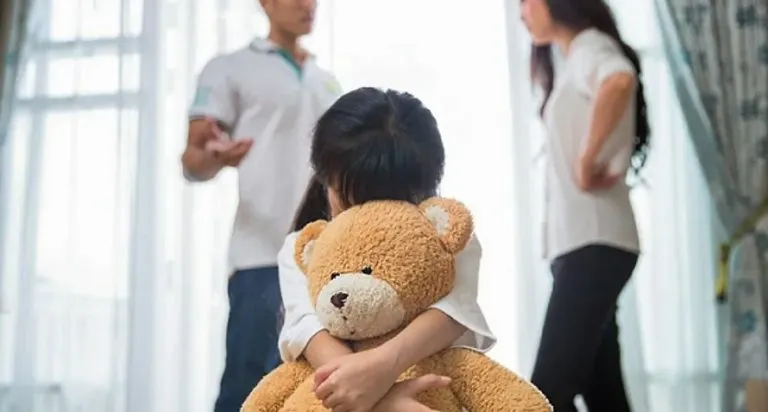
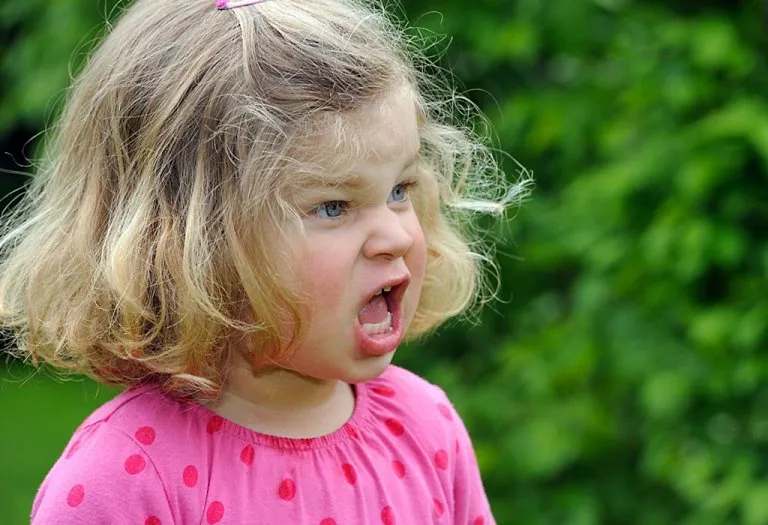
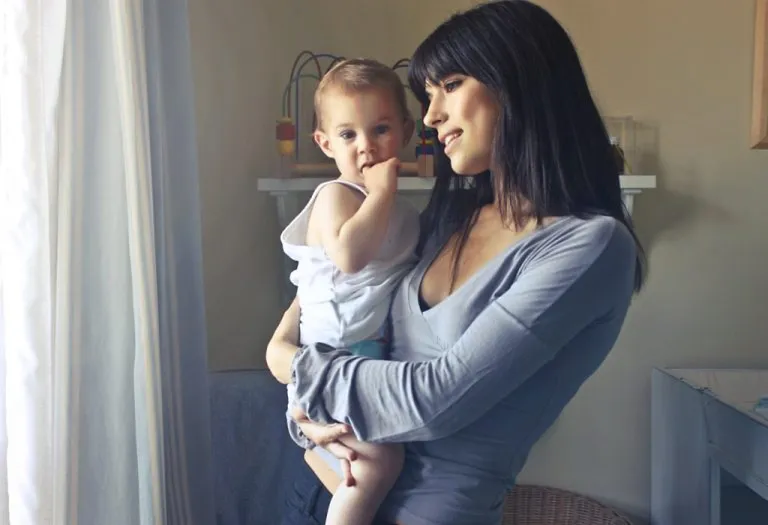
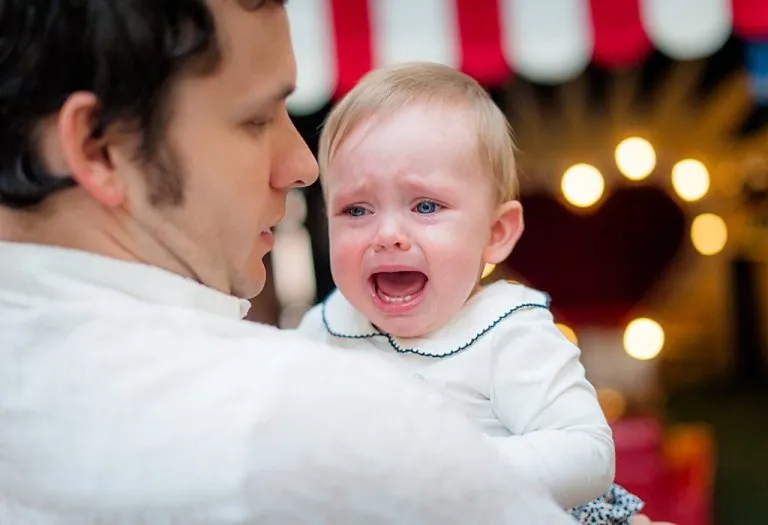
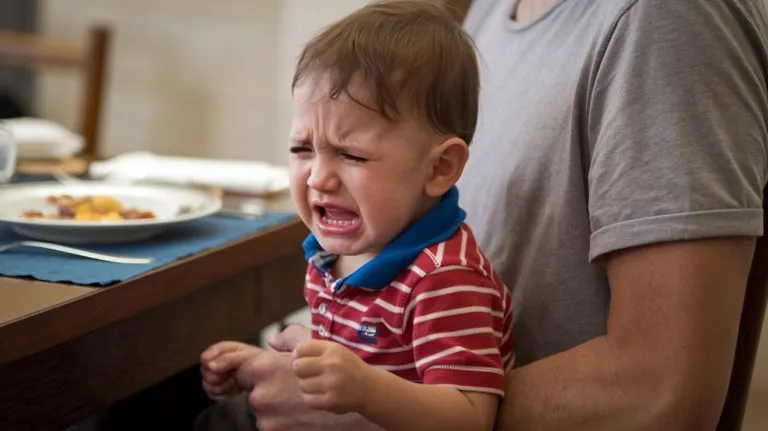
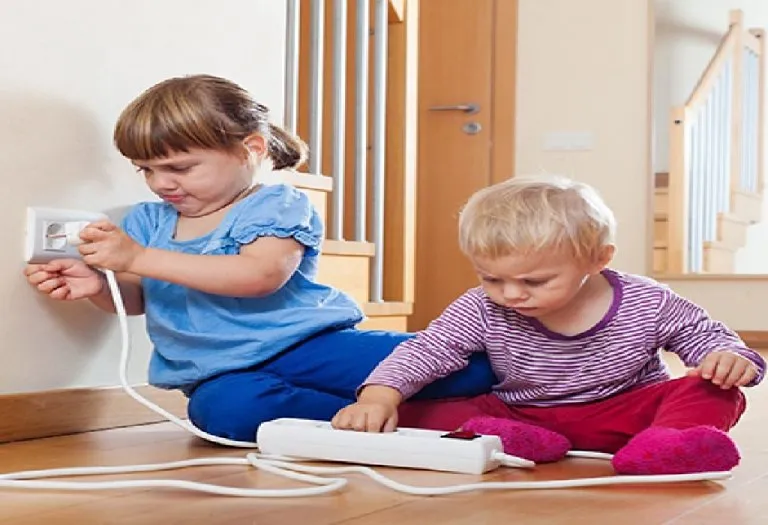

.svg)
















